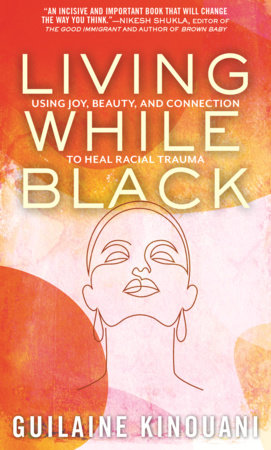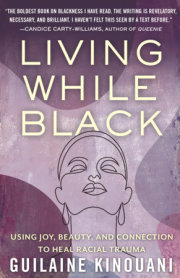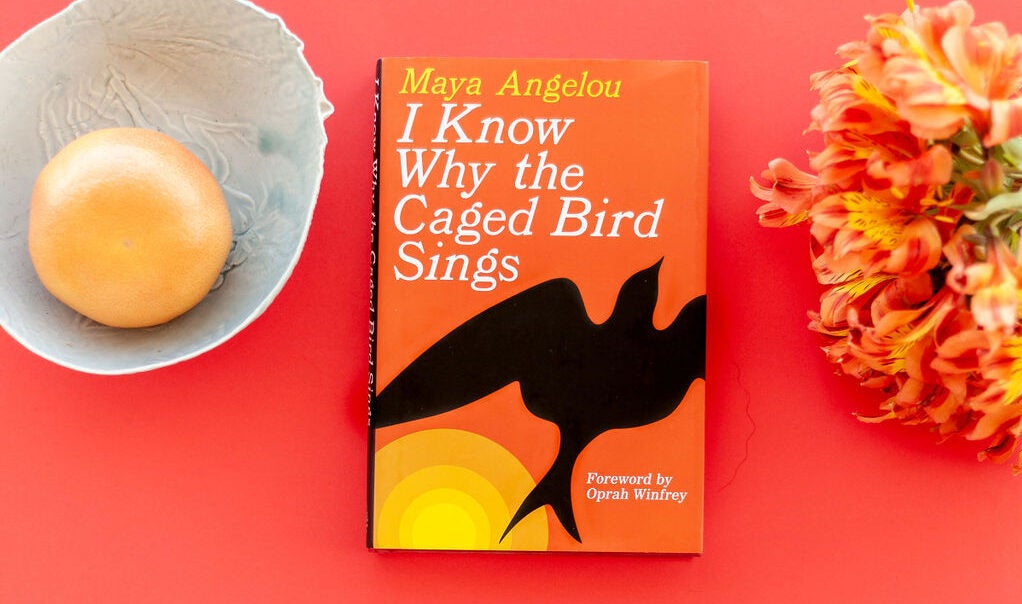Introduction
Centering Blackness
Blackness as a Black Quest
“Black” versus “black”
CHAPTER 1—BEING BLACK
Discovering Anti-Blackness
Schooling While Black
White Women and Liberal Racism
On Writing Myself In
The Roots of Our Resistance
“I Can’t Breathe!”
Connecting as an Act of Love
Summary
Race Reflections
ACTION POINT: Get a Reflective Journal
CHAPTER 2—BLACK MINDS
Black Minds, White Institutions
Case study: Mike
Case study: Rocky
Psychotherapy and Racism
Defining Racial Trauma
Race-Based Traumatic Stress Injury
Racial Trauma: Signs and Manifestations
Intergenerational Wounds: The Baggage Our Parents Left Us
Trauma and the Brain
Healing Trauma
Summary
Race Reflections
ACTION POINT: Practice Gratitude
CHAPTER 3—BLACK SHAME
Intersectionality and Trauma
Case study: Fiona
Understanding Intersectionality
More on Shame
The Impact of Injustice
What We Call Home
Case study: Eileen
Denial, Shame, and Injustice
Shaky Homes, Shaky Attachments
Windrush and the Hostile Environment
Summary
Race Reflections
ACTION POINT: Strengthen Homeness
CHAPTER 4—BLACK BODIES
Black Bodies, White Fantasies
The White Gaze
Colonialism: The Ongoing Weight of the Past
The Black Body and Boundaries
Case study: Julie
Scapegoats: The Consequence of Naming the Problem
Internalizing Projections
Trauma and the Body
Mistrust and Neglect
Summary
Race Reflections
ACTION POINT: Celebrate Your Body
CHAPTER 5—RAISING BLACK CHILDREN
Raising Black Children
School Violence
Absent Dads, Bossy Moms
Talking to Black Children About Racism
Adverse Childhood Experiences
Case study: The school that tried to end racism
Parent-Child Conflicts
Attachment and Historical Bonds
Internalized Racism
Parental Trauma
Protecting Black Children
Language and Self-Care
Summary
Race Reflections
Talking to Black Children about Racism
ACTION POINT: Strengthen Your Bonds
CHAPTER 6—WORKING WHILE BLACK
Case study: Sara
The Black Body at Work
Case study: Black hair
Being “the Only One”
The Impact of Stereotypes
Imposter Syndrome
Excellence, Exhaustion, and Respectability
Summary
Race Reflections
ACTION POINT: Strategize
CHAPTER 7—BLACK LOVE
The Context of Love
Interracial Love
Misogynoir: When Racism Is Gendered or Sexism Is Racialized
Case study: Alicia
Love at the Intersections
Summary
Race Reflections
ACTION POINT: Make a Love Pledge
CHAPTER 8—BLACK RESISTANCE
The Pathologization of Black Resistance
Forms of Resistance
Case study: Music as resistance
Black Joy
Triple Consciousness
Learning Your Power
Self-Compassion
Summary
Race Reflections
ACTION POINT: Chart Your Resistance History
FINAL THOUGHTS—THRIVING WHILE BLACK
Your Radical Self-Care Plan
Appendix: Psychological Tools
Glossary
Acknowledgments
Notes
Index







